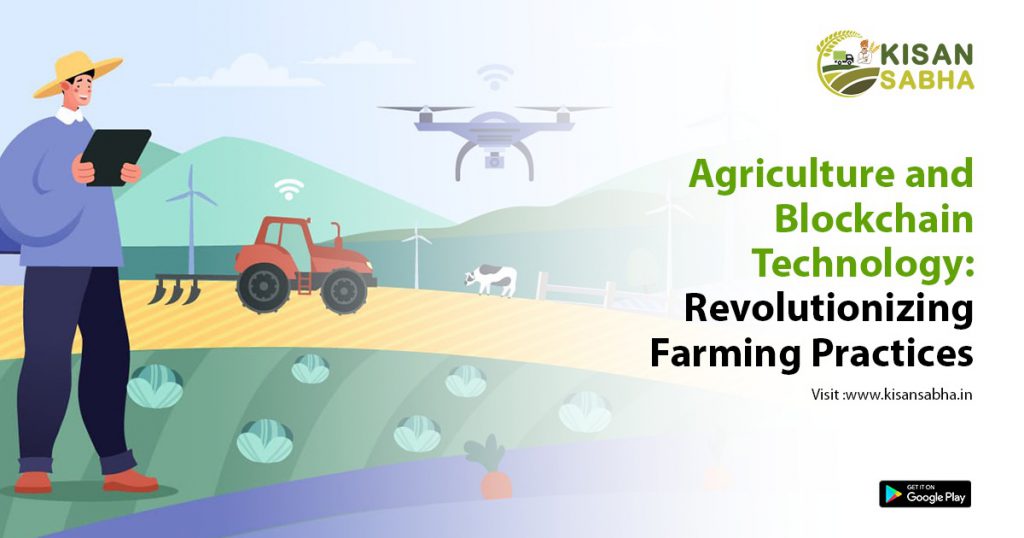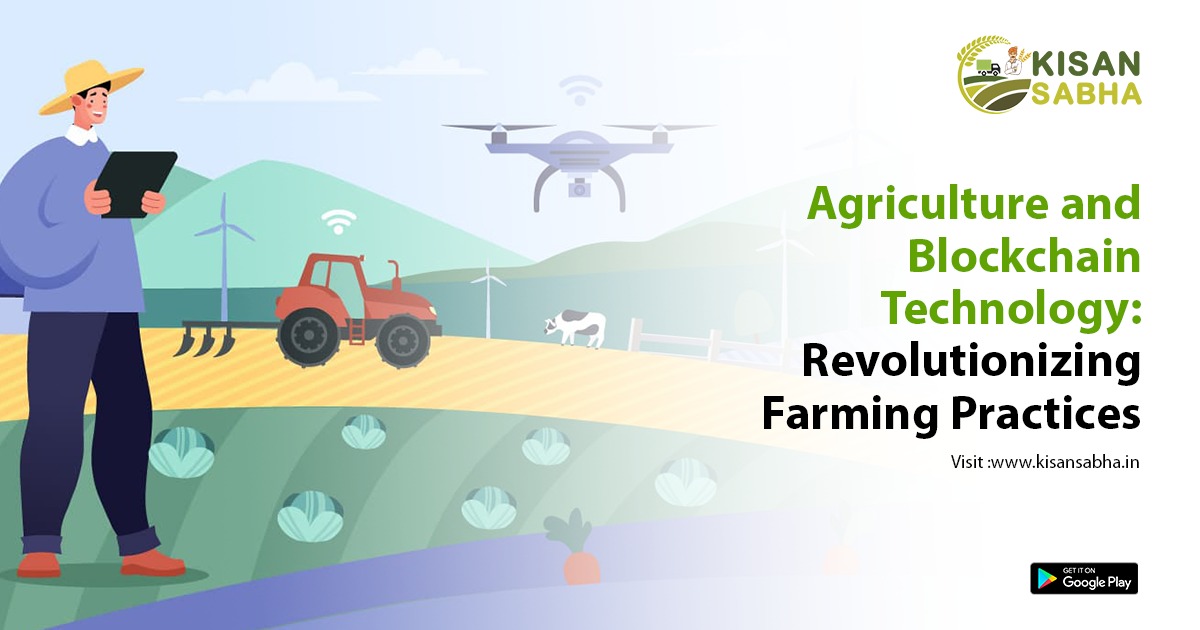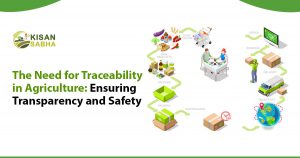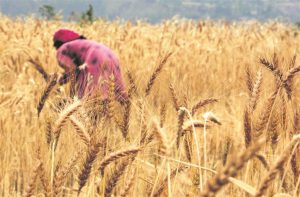The agricultural industry plays a vital role in feeding the world’s growing population. As technology continues to advance, farmers and stakeholders are seeking innovative solutions to enhance productivity, efficiency, and sustainability in agriculture. Blockchain technology, originally known for its association with cryptocurrencies, has emerged as a game-changer in various sectors, including agriculture. This article explores the intersection of agriculture and blockchain technology, its potential applications, and the transformative impact it can have on farming practices.
Understanding Blockchain Technology
Blockchain is a decentralized and distributed digital ledger that records transactions across multiple computers in a secure and immutable manner. It operates on a peer-to-peer network, eliminating the need for intermediaries like banks or central authorities. Each block in the chain contains a set of transactions, and once added, it cannot be retroactively altered without altering all subsequent blocks, making it highly secure and transparent.
Key Features of Blockchain in Agriculture
- Transparency and Traceability: One of the most significant advantages of blockchain technology in agriculture is its ability to provide transparency and traceability throughout the supply chain. From the farm to the consumer’s table, every step of the agricultural process can get recorded and verified on the blockchain. This ensures that the origin, quality, and handling of agricultural products can be easily traced, enhancing food safety and reducing the risk of fraud or contamination.
- Smart Contracts: Smart contracts are self-executing contracts with terms and conditions directly written into the code. They automatically execute actions when predefined conditions occurs. In agriculture, smart contracts can facilitate agreements between farmers and buyers, automating processes like payment, delivery, and quality verification. This not only saves time and reduces paperwork but also ensures that both parties adhere to the agreed-upon terms.
- Supply Chain Efficiency: Blockchain streamlines the supply chain by reducing paperwork, delays, and the need for intermediaries. By providing real-time access to data, stakeholders can make more informed decisions, optimize inventory management, and reduce wastage. Efficient supply chains lead to fresher products reaching consumers, resulting in higher quality and extended shelf life.
- Farm-to-Table Marketplaces: Blockchain can enable the development of decentralized marketplaces, connecting farmers directly with consumers or businesses. By removing middlemen, farmers can obtain fair prices for their produce, while consumers can access fresh and authentic products. These platforms can empower small-scale farmers, fostering a more inclusive and sustainable agricultural ecosystem.

Applications of Blockchain Technology in Agriculture
- Supply Chain Management: Blockchain facilitates end-to-end supply chain visibility, allowing stakeholders to monitor the movement of products from the farm to the consumer. Each step of the process, including planting, harvesting, transportation, storage, and distribution, can get recorded on the blockchain. This level of transparency enhances accountability, reduces fraud, and ensures the authenticity of organic or specialty products.
- Food Safety and Quality Assurance: Contaminated food products can lead to severe health risks and tarnish the reputation of the entire agricultural sector. Blockchain technology helps in tracking the origin of food items, identifying the source of contamination quickly, and enabling targeted recalls. By providing consumers with access to real-time data, they can make informed choices about the products they purchase.
- Farm Management and Data Collection: Blockchain-based platforms can integrate with Internet of Things (IoT) devices, drones, and sensors, enabling farmers to collect data on soil quality, weather conditions, and crop health. This data can be securely stored on the blockchain, allowing farmers to make data-driven decisions to optimize resource usage and increase productivity.
- Financial Inclusion for Farmers: In many regions, access to credit and financial services remains a significant challenge for smallholder farmers. Blockchain technology can create a decentralized credit system, where farmers’ transaction history and reputation are then recorded on the blockchain. By using this data to determine creditworthiness, farmers will be able to access hitherto unavailable loans and insurance services.
Challenges and Limitations
While blockchain technology holds great promise for agriculture, it also faces several challenges and limitations:
- Scalability: The current state of blockchain technology struggles with scalability issues, especially when dealing with a vast number of transactions required in the agriculture sector. As the number of users and transactions increases, the network may experience delays and higher costs.
- Infrastructure and Connectivity: To fully leverage blockchain’s potential, reliable internet connectivity is essential, especially in rural areas where agricultural activities are prevalent. Lack of proper infrastructure and connectivity may hinder the adoption of blockchain technology by farmers.
- Data Privacy and Security: Although blockchain is inherently secure, protecting sensitive agricultural data from unauthorized access remains a concern. Ensuring the privacy of farmer data and trade secrets is critical to building trust and encouraging widespread adoption.
- Education and Adoption: Familiarity and understanding of blockchain technology among farmers and other stakeholders are essential for successful adoption. Education and training programs must be in place to support the integration of this technology into farming practices.
Conclusion
Blockchain technology is basically poised to revolutionize the agriculture industry by bringing transparency, efficiency, and trust to the entire supply chain. From enhancing food safety and quality assurance to empowering small-scale farmers through decentralized marketplaces, blockchain holds vast potential to transform agriculture for the better. However, addressing challenges such as scalability, infrastructure, and data privacy will be crucial to unlocking the full benefits of this groundbreaking technology. As the agricultural sector continues to evolve, embracing blockchain’s potential can lead to a more sustainable, resilient, and inclusive future for farming practices worldwide.
Read more at- Kisansabha.in





